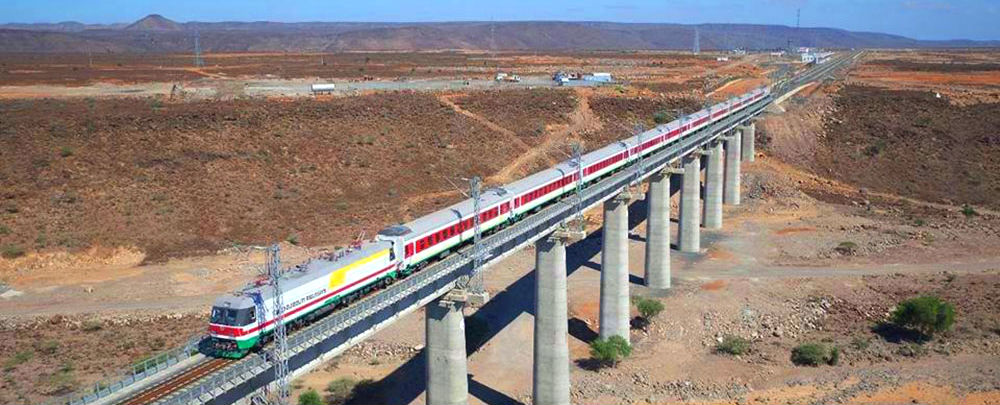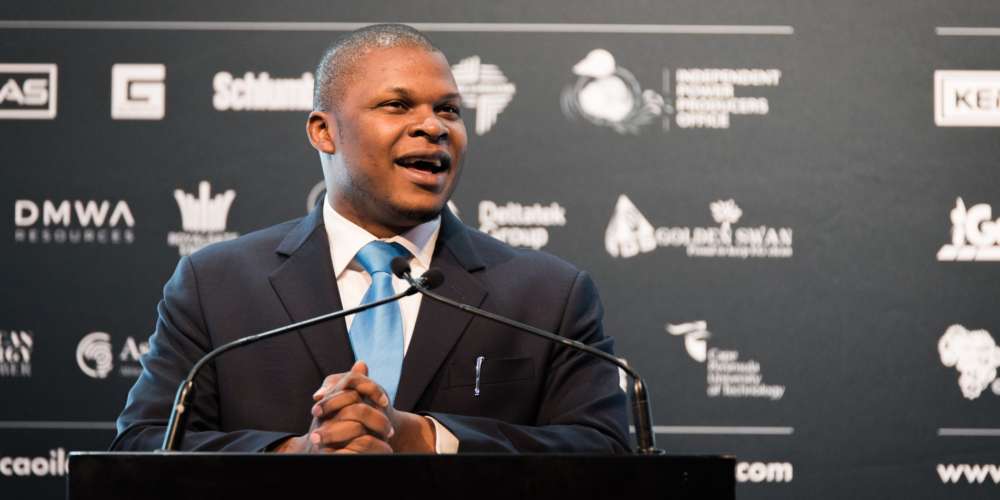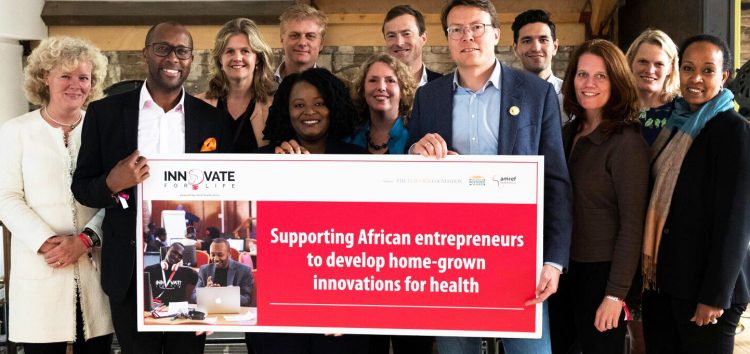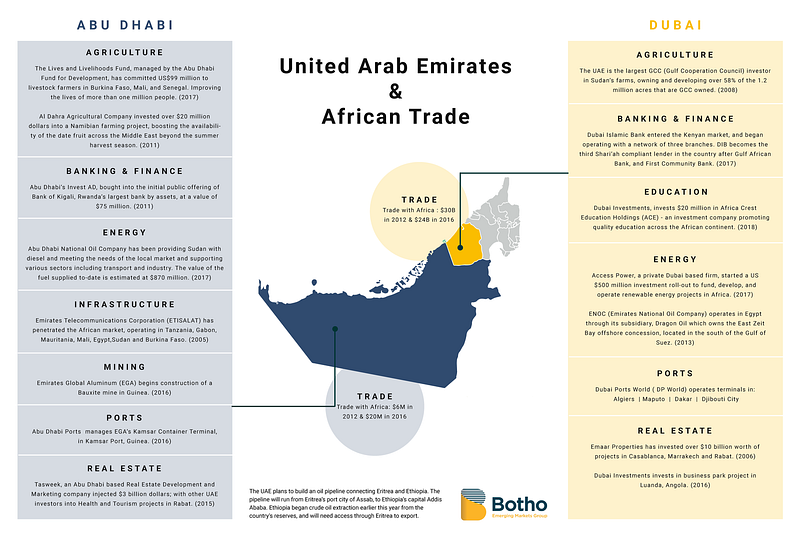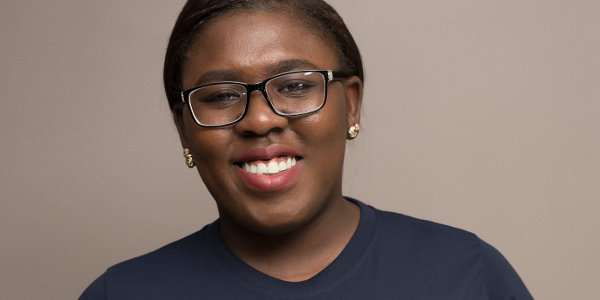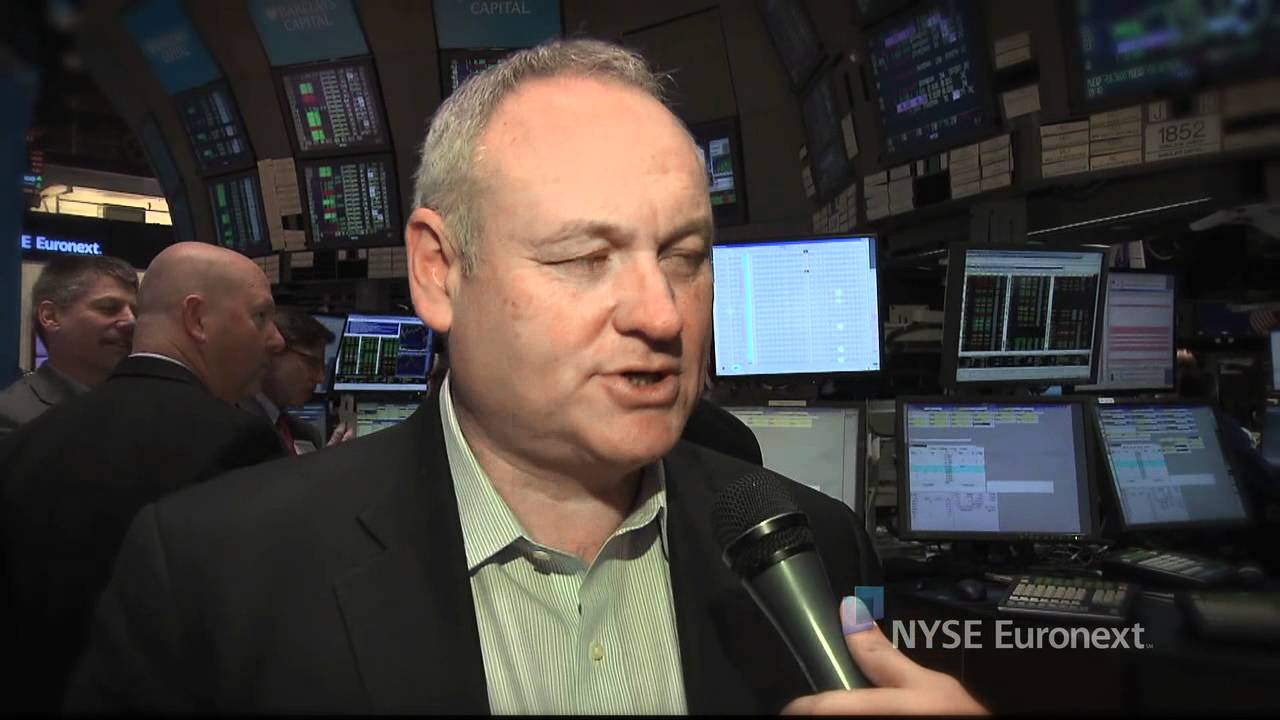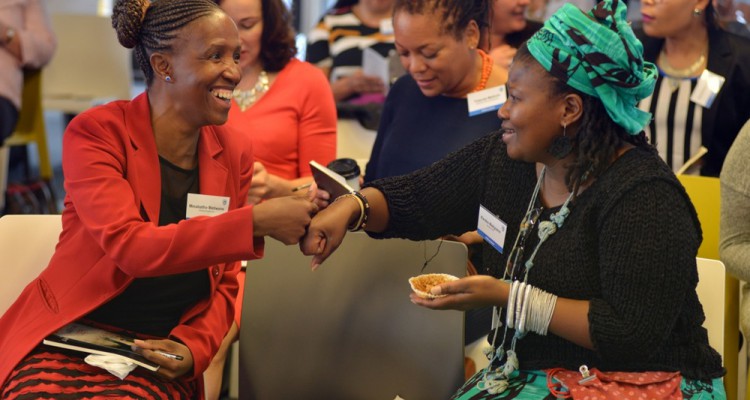China Launches $1 Billion Belt and Road Africa Fund. This Is How It Will Look Like
Don’t expect China to throw in the towel yet in Africa, despite the huge bad debt it has incurred so far on the continent. A new fund which is targeted directly at businesses in Africa has been launched on the sidelines of the World Economic Forum (WEF) meeting, currently underway in Dalian, China. The fund is code-named Belt and Road Africa Fund.

For Whom Is The Fund Meant?
- The key focus of the funds would be investments in infrastructure, technology, e-Commerce, artificial intelligence (AI) and the beneficiation of the resource industry in Africa.
“The discussions that we’ve had with Chinese businesspeople, state-owned enterprises and family offices, have resulted in the establishment of this fund,’’ says Sekunjalo chairperson Dr Iqbal Survé, head of the fund said. ‘‘Africa is ready to grow and is heading towards a $5 trillion economy. The Chinese have seen how China was able to grow from 1980 when China made up only 2 percent of the global gross domestic product (GDP) when compared to today, where China makes up 19 percent of the global GDP. This fund is a great boost for the development of Africa.’’
- Contributors to the fund were not the Chinese government as has been the case, but several Chinese family offices and business people, who are expected to capitalize the fund with a billion dollars.
- The fund, according to Surve, will serve as a bridge between African and Chinese businesses, thus strengthening, particularly, the co-operation between business sectors in China and Africa. In order words, the Belt and Road Africa Fund would be between African businesses and Chinese businesses.

How African Businesses Can Be Part of The Fund
- Once the Belt and Road Africa Business Council (which is the body that oversees the fund) headed by Surve is launched in September 2019, African businesses would start benefiting from the fund.
A targeted business should be in the:
- infrastructure
- technology
- e-Commerce
- artificial intelligence (AI)
- the beneficiation of the resource industry sectors.
The Belt and Road Africa Business Council are targeting a membership of at least 1000 Chinese and African companies.
- Dr. Survé said the fund will announce the format of these investments, at the launch in September.
READ ALSO: Ghana ’s New Consulate Opens In Guangzhou, China
A Look At The China Belt and Road Initiative
The Belt and Road Initiative, as outlined by Chinese President Xi Jinping, is one of the most important developments of China and its contribution to the global economy.

Launched in 2014, One Belt One Road, presented internationally as the Belt and Road Initiative, is China’s signature vision for reshaping its global engagements. It hopes to achieve the Communist Party of China’s (CPC’s) twin objectives of achieving national rejuvenation and the task of making China the largest and the most powerful country on earth.
The Belt and Road Initiative now spans three continents and touches 60 percent of the world’s population. The 65 or so countries that have so far signed on to the program (including approximately 20 from Africa) account for 30 percent of the world’s GDP and 75 percent of its energy reserves.
Some 50 Chinese state-owned companies are implementing 1,700 infrastructure projects around the world worth about $900 billion. One Belt One Road (OBOR) has been written into the state and ruling party constitutions as strategic priorities for China to attain Great Power status by the middle of the 21st century. All of China’s leaders have advanced this quest since the founding of the People’s Republic of China, but the pursuit has accelerated under President Xi Jinping.

One Belt One Road has two components:
- The Silk Road Economic Belt establishes six land corridors connecting China’s interior to Central Asia and Europe. It includes railroads to Europe, oil and gas pipelines from the Caspian Sea to China, and a high-speed train network connecting Southeast Asia to China’s eastern seaboard.
- The Maritime Silk Road establishes three “blue economic passages” knitted together through a chain of seaports from the South China Sea to Africa that also direct trade to and from China.
The end state of One Belt One Road is the building of a new global system of alternative economic, political, and security “interdependencies” with China at the center.
One Belt One Road also increases Beijing’s control of critical global supply chains and its ability to redirect the flow of international trade. Central to these efforts are moves to open new sea lines of communication and expand China’s strategic port access around the world. In 2017, Chinese state-owned companies announced plans to buy or secure majority stakes in nine overseas ports, all located in regions where China plans to develop new sea lanes. This is in addition to the 40 ports in Africa, Asia, and Europe in which Chinese state-owned firms hold stakes worth a combined $40 billion.
Charles Rapulu Udoh

Charles Rapulu Udoh is a Lagos-based Lawyer with special focus on Business Law, Intellectual Property Rights, Entertainment and Technology Law. He is also an award-winning writer. Working for notable organizations so far has exposed him to some of industry best practices in business, finance strategies, law, dispute resolution, and data analytics both in Nigeria and across the world.

